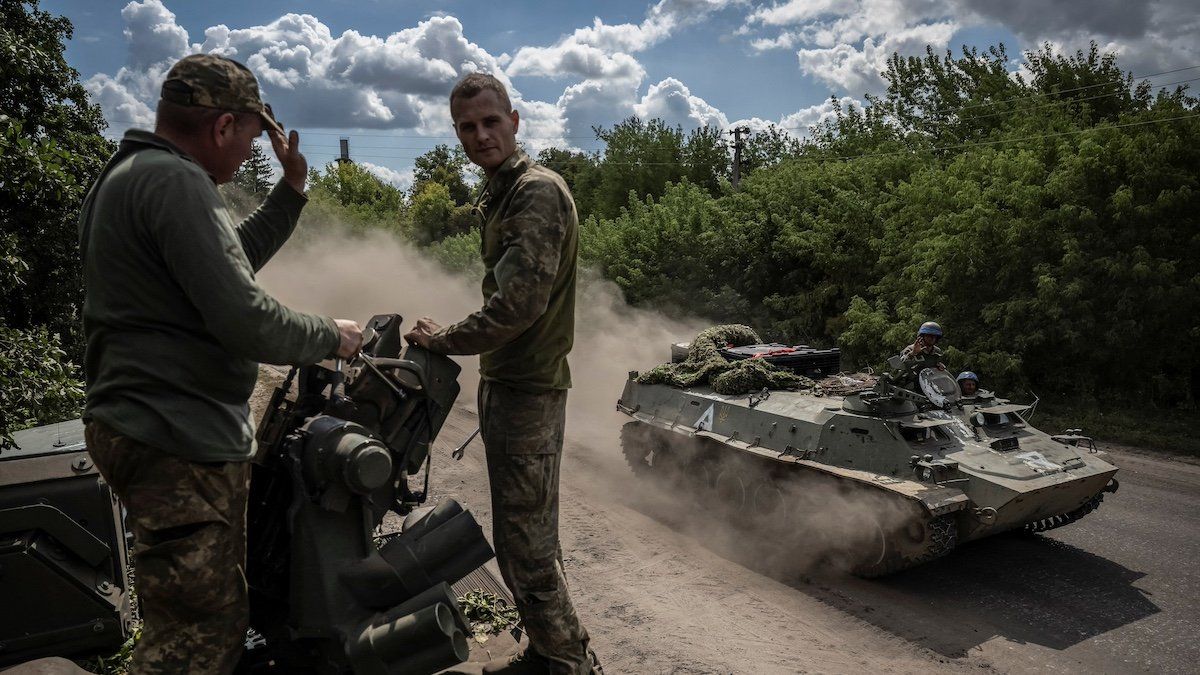Ukrainian President Volodymyr Zelensky confirmed this weekend that Ukraine is conducting a cross-border offensive into Russia’s western Kursk region, marking the deepest incursion into Russian territory since that country’s invasion of Ukraine in February 2022. Ukrainian forces have advanced more than six miles inside Russia, prompting the evacuation of over 76,000 people from border areas.
Zelensky saidthe move was designed to “restore justice” and exert pressure on Moscow.According to a senior Ukrainian security official, “The aim is to stretch the positions of the enemy, to inflict maximum losses, and to destabilize the situation in Russia,” adding “There is no idea of annexation.”
Russia's foreign ministry has warned of a“tough response” to the incursion. As of Sunday evening, Russia’s armyclaimed to have halted Ukraine’s advance, hitting targets in areas up to 20 miles from the Russian border, and stepped up attacks on Kyiv, killing a father and son on Saturday. Moscow’s Defense Ministry reported the destruction of 14 Ukrainian drones and four Tochka-U missiles over Kursk, denouncing the operation as “barbaric” and lacking military sense.
Russia has raised concerns about potential attacks on the Kursk nuclear plant, located just 37 miles from the Russia-Ukraine border, andthe International Atomic Energy Agency has called for both sides to “exercise maximum restraint to prevent a nuclear accident with severe radiological risks.” In response, Ukrainian officials assured, “We absolutely will not cause problems for nuclear security. This we can guarantee.”